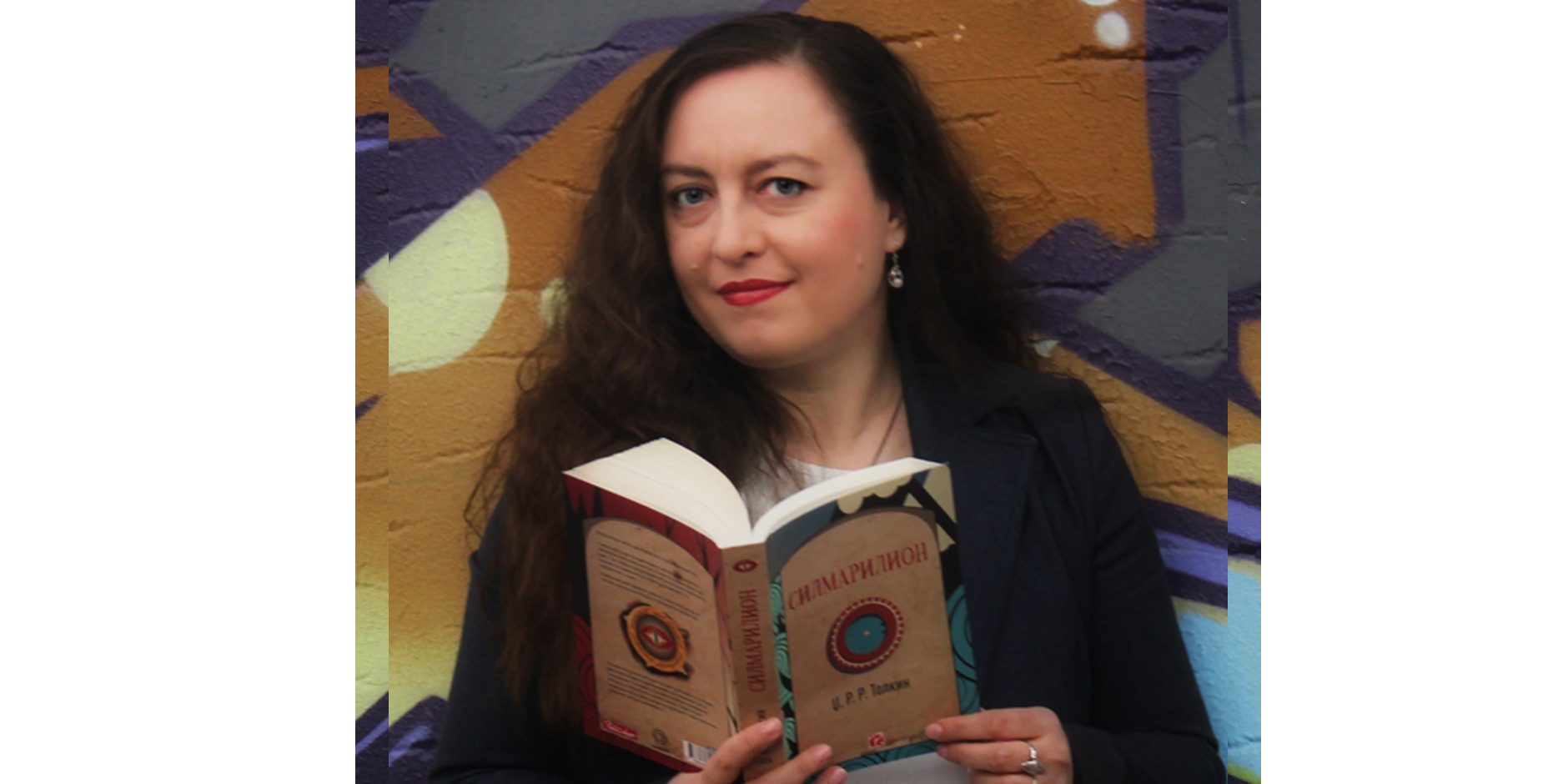- What does the "Dragi" award initiative represent for you?
A noble initiative to highlight quality translations, a contribution to the affirmation of the Macedonian language, and a reminder that the task of the translator is no less important than that of the author. I believe that this award will remain a perennial tradition and will do a lot for the translator to come out of his invisibility more and more. In addition, the "Dragi" award is a fond memory of Professor Dragi Mihajlovski, who had great love for students and selflessly imparted his knowledge to them. His advice, lessons and tips from his lectures on the subject of Theory of Translation and the practical work of the exercises will always ring in my mind. His famous comment that one must translate "with love and in detail" guides me in my translation and writing work.
- How important are rewards in your work?
Rewards are like road signs that confirm the path you have chosen. Although when something is of quality, the prize does not necessarily speak, and that in itself has value. But the fulfillment is greater when you are recognized by your colleagues and community. Awards open new doors, bring new collaborations and increase visibility. It is nice that the work itself, the work itself and the author receive that recognition. As much as they bring great pleasure, so much responsibility. The same quality is expected to be demonstrated in each subsequent translated or authored work.
Everything is a success – to enter the first round, the second, the shortlist, to apply for a competition, to translate a book. To have your translation read, to reach as many readers as possible, to experience good criticism.
- What challenges does the literary translation bring?
The complexity of literary translation as a process and product puts the translator in front of a difficult and complex task - bridging disciplines and cultures. It is an unusual art. The translator writes literature that is not his own, literature that bears someone else's name and that has already been written. An art that requires creative expression, linguistic precision and knowledge of social and cultural contexts. Not only the bare thought is reproduced in the target language, but also the nuances in meaning, style, tone and spirit of the source text. Although accuracy and fidelity to the original are indispensable prerequisites, the goal of literary translation should be more the art of phrase than mere accuracy, beauty and style rather than just fidelity. While a translation can be flawless, inventive and a masterpiece in its own right, it is always secondary to the original text.
- Is any preparation required before starting the translation? Do you have your own ritual?
Translation is always preceded by a thorough study of the source text. Depending on the scope and weight of the work I am translating, I set aside from a few months to a year. I consider translation a serious undertaking and I often go to a new place, to nature, to creative solitude, and I take my daily work for a living with me. For translation and artistic work, you have clear time either early in the morning, before all other responsibilities start, or at night. You invest yourself in the world of another author with your soul and body. You proofread the target language text multiple times until you get a satisfactory version before printing (if that's even possible!). You take the serious and difficult role of authoring a book in another language and breathe new life into a work from another language and culture. And all this painstaking work seems to have no end.
- Does the translation help in enriching the language and the expression?
I believe it is a double enrichment – both for the translator and the readers. There is always an opportunity to enrich the target culture, to create neologisms in the translation process. My latest translation, The Silmarillion by J. R. R. Tolkien is a very good example of that. The very specificity of the vocabulary requires that – digging up old archaic vocabulary and devoted reading of well-chosen readings. The author's coinages in this work are another challenge. You can always experiment with them and find translation solutions by examining the great word-forming power of the Macedonian language.
- Is translation more challenging when translating a famous or favorite author?
To translate a famous author (in my previously mentioned example and a favorite author) is a special burden that you have decided to bear with joy, but also with a little fear, even after you have done all the painstaking work of translating his capital work. I'll take Tolkien as an example again. At a time when his popularity around the world is growing more and more, fan societies and clubs are being formed, newsletters are being published, lectures are being held and at the academic level, readers are looking for clarification of his texts, so that they are translated into several languages, while some existing translations are replaced by new ones, their quality translations are more and more sought after, because undoubtedly Tolkien's language is not easy even for readers who are native speakers, nor for those with an above-average knowledge of the English language. Translating your favorite author is a mission, not just a project to be completed by a certain deadline. In that way, the deep connection with his story is not wasted, first of all as an enjoyer of his work, and then as a bridge to the target language and culture.
(photo: Nataša Atanasova)







